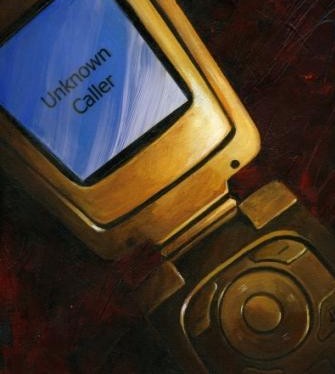Anonymous Tip Traffic Stop
On January 9, 2013, the South Carolina Supreme Court reversed the Court of Appeals in State v. Taylor and found police did have reasonable suspicion to conduct an investigatory stop and subsequent search of the defendant.
Facts
The Florence County Sheriff’s office received an anonymous tip regarding suspected drug activity. Police arrived at 11:00 p.m. and saw the defendant, a black male, on a bicycle in a high crime area huddled with another male and suspected he was making a drug transaction. As police approached, the defendant rode his bicycle towards them and the officer commanded him to stop. The defendant continued so the officer conducted a “takedown.” A pat down resulted in police finding a tennis ball that fell out the defendant’s pocket where crack cocaine was apparently easily observable inside.
Procedural History
Taylor was convicted at trial for Possession with Intent to Distribute Crack Cocaine and was sentenced to 30 years prison. The Court of Appeals overturned the conviction, finding police did not have reasonable suspicion to stop the defendant. The S.C. Supreme Court granted certiorari and heard the case on November 2, 2011.
Issue
Did police have reasonable suspicion to stop the defendant and conduct an investigatory search?
An investigative detention is constitutional if supported “by a reasonable and articulable suspicion that the person seized is engaged in criminal activity.” Reasonable suspicion can arise from an anonymous tip provided that the totality of the surrounding circumstances justifies action on the tip.
In reaching its conclusion the S.C. Supreme court found two cases decided by the United States Court of Appeals for the Fourth Circuit instructive, United States v. Lender, 985 F.2d 151 (4th Cir. 1993) and United States v. Sprinkle, 106 F.3d 613 (4th Cir. 1997). Both of these cases were considered by the Court of Appeals as well. Both the S.C Supreme Court and the Court of Appeals considered several factors (location, time, flight, anonymous tip, police experience) in determining the existence or non-existence of reasonable suspicion to effect an investigatory stop.
What is interesting about the S.C. Supreme Court’s decision is that it expressly stated that the Court of Appeals “approach directly contravenes the principles of totality of the circumstances analysis.” “Courts may not find a stop unjustified based merely on a piecemeal refutation of each individual face and inference.” In its conclusion, the Court of Appeals stated it found no reasonable suspicion existed for stopping Taylor and specifically found that no criminal activity existed under the totality of the circumstances. Therefore, reversing Taylor’s conviction and vacating his sentence.
Dissent
Justice Beatty was clear and strong in his dissent. “I would affirm the well-reasoned opinion of Judge Short. In my view the majority’s opinion eviscerates the constitutional protection of the Fourth Amendment to the United States Constitution and Article I, Section 10 of the South Carolina Constitution. The record is totally devoid of any facts that would legally justify the stop, let alone the search.”
Why this is Important
The last two decades has seen the erosion of the Fourth Amendment. Increasingly, police are being granted more authority based on their observations of innocent behavior. This case was initiated from an anonymous tip that the Appellate Court discussed at great length and was concerned about the lack of independent verification of criminal activity. Law enforcement should be aggressive and need to have certain protections in the field but that does not mean they should be given unfettered and unrestrained power without more. Requiring police to ignore a potential crime is not the issue or what is being advocated. When acting on an unverified anonymous tip we should require our law enforcement to have more than mere observations of innocent conduct and compiling that as reasonable suspicion of a crime.
Mt. Pleasant Criminal Defense Lawyer
If you have a case involving a police body camera issue case call an experienced and trusted Charleston criminal defense lawyer at the Dale Savage Law Firm today for a free case consultation (843) 530-7813.

